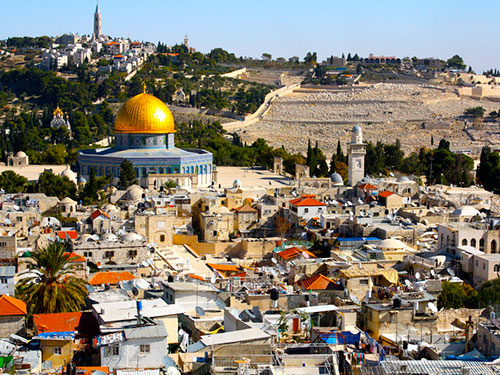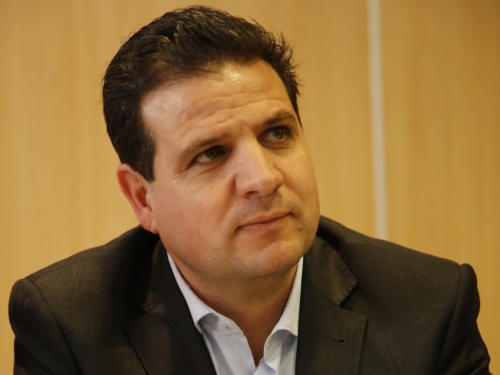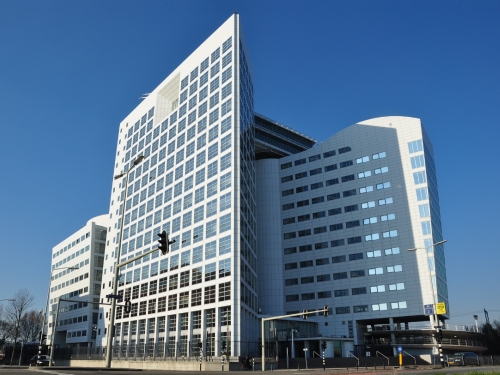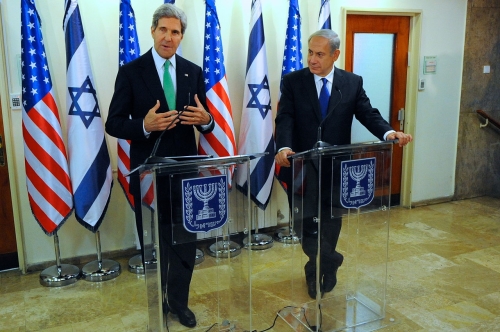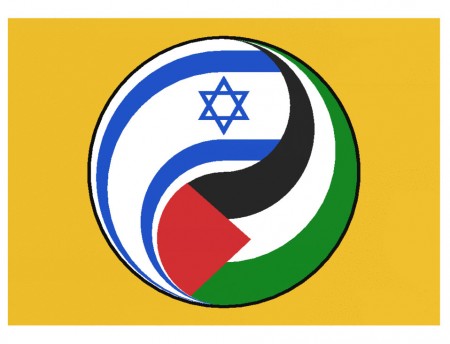
This interview was originally published by The Atlantic Council on 12 May 2016.
In the following interview with the New Atlanticist’s Ashish Kumar Sen, Bilal Y. Saab discusses the prospects of reviving the Saudi-brokered Arab Peace Initiative and much more.
Q: Israeli Prime Minister Netanyahu no longer recognizes a two-state solution; Palestinian Authority President Mahmoud Abbas is widely considered too weak politically; and the Israelis and Palestinians have a serious trust deficit. In this context, how can the Saudi-brokered Arab Peace Initiative be revived?
Saab: Bibi Netanyahu doesn’t think current regional and Palestinian conditions allow for a two-state solution, but that doesn’t mean he doesn’t recognize a two-state solution. As hardline as he is, even he knows that it’s the only way to bring an end to this conflict sustainably. For him, security comes first, which is understandable. The problem, however, is that what he has in mind is perfect security and zero risk, which is completely unrealistic. Even [the late Israeli Prime Minister] Ariel Sharon accepted political and security risks when he disengaged from Gaza [in 2005]. For a leader whose domestic position is so powerful, it boggles my mind, and that of many others both inside and outside Israel, how Bibi is so reluctant and so cautious on an issue more critical to the survival of Israel and its Jewish democracy than any other: peace with the Palestinians.

